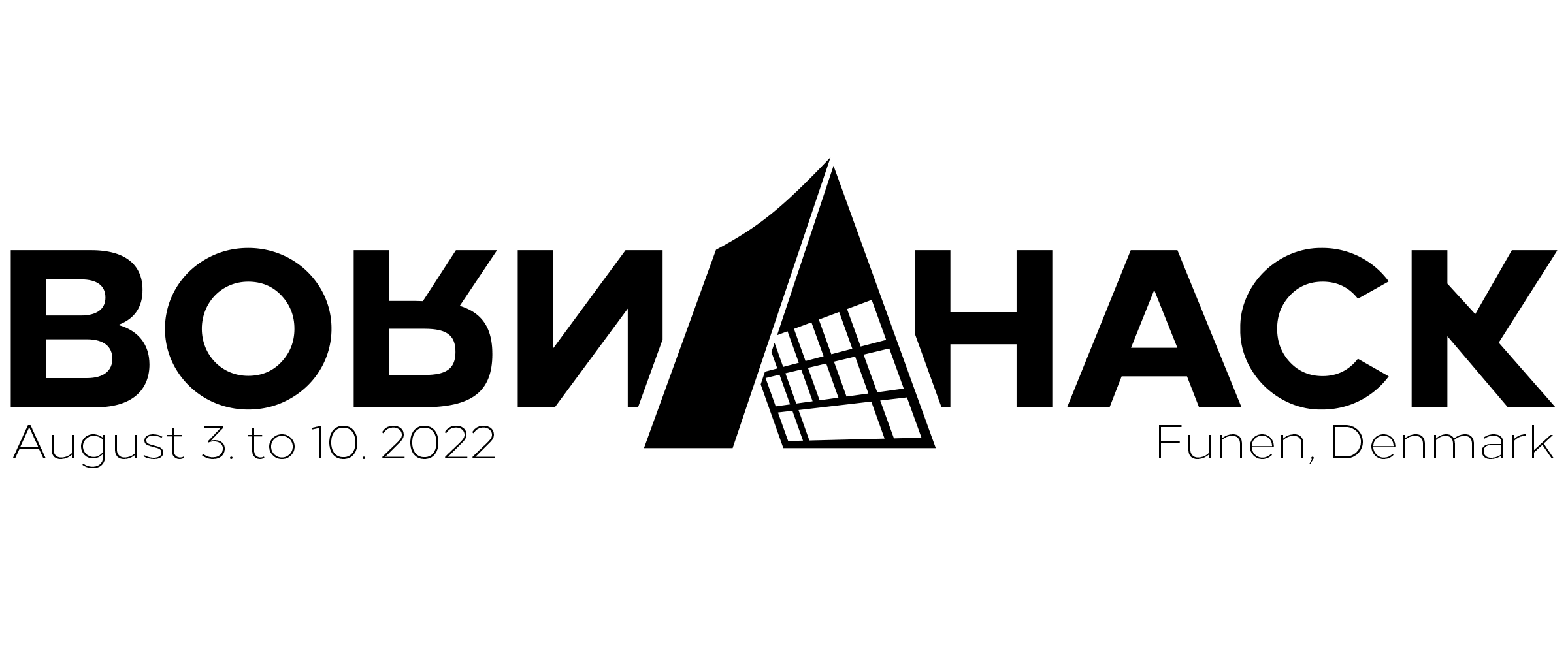Exploring the Degrees of Freedom in Designing Interactive Fiction
I have had an interest in the overarching area of interactive fiction (IF) for many years. IF covers such diverse areas as:
- text adventure games,
- choose-your-own-adventure books,
- visual novels,
- multi-user dungeons, and
- textual elements in mainstream games, such as dialogue trees.
I would like to make my own text-based game, so for this talk I want to explore the design space of IF in order to figure out what kind of game I'll be making.
IF has been popular for over 50 years and is still being actively created. As such, much has been written about it, and I won't be able to cover even close to everything. I'll start off by giving a basic overview, but most of the talk will concern itself with the specific subtopics of IF that I have found to be especially interesting and open to fun experiments. It'll be like thinking aloud, except hopefully better structured. Fun subtopics include:
- The ease of iterative development: Everything is text, so it's easy to change major elements or restructure parts of a game.
- The possibilities of multi-player storycrafting: Assuming the end goal is to create a fulfilling story for multiple people playing the same game, what are the different ways of harnessing the creative output of more than one person in a structured way?
- Simulated world vs. static graph of choices (and everything in-between): The underlying technology should not matter to the user enjoying a piece of IF, but the underlying model for your IF is likely to affect your design choices in other parts of your game. Where does a good compromise lie?
- Computer-assisted narratives: You don't have to write a story on your own — you can also ask a computer to do that. That can be fun in itself, but there is also a middle road where you're still the main author, but maybe use a computer tool to aid you in exploring plots and character traits.
- Ideas of IF that can also be applied to non-interactive fiction: The normal representation of an ordinary book is (essentially) a list of sentences, where each sentence describe something in the world. What other IF-inspired representations could be used, and how can we guarantee that we can encode narrative goals that can be fulfilled by our story?
On the practical side of things I'll touch upon a few existing IF systems that I think are interesting, but the main focus will be on whatever small experiments I have coded myself.
Who knows, maybe this talk itself will also contain interactive choices that you, the audience, need to make...
